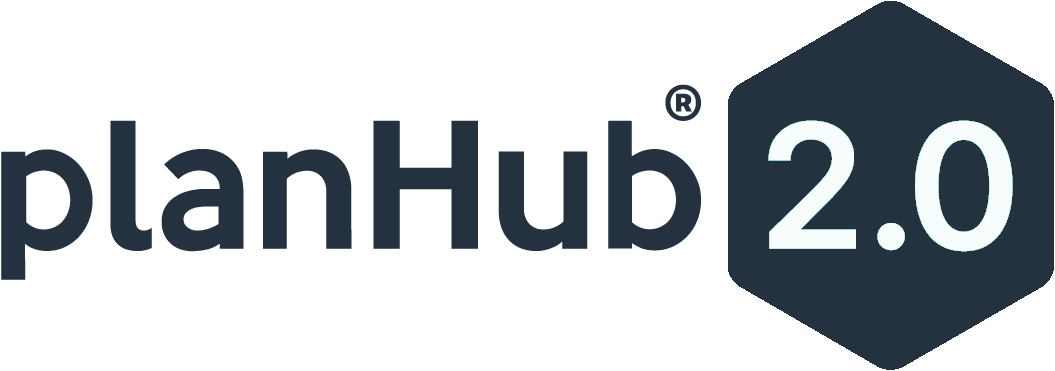- PlanHub
There are a lot of components to create a winning bid, and if you’re always scrambling to get information for a bid and wish there was a detailed list of what you needed to know to bid on a project, we’ve created a solution for you! This is a checklist to help you identify projects to bid on, get the information you need to bid the project, and put together a winning bid package.
Bid Decision Information
Before you submit a bid, you need to determine if the job is worth your time. Here are some questions to help you decide if it’s worth it or not.
- Scope of Work: Detail the type of work being requested from your firm. Are you bidding as a general contractor or subcontractor?
- Contract Type: Is it public works or private? Design-build, design-bid-build, or negotiated?
- Project Location: Where is the project? Does the distance of the project make financial sense for you?
- Schedule: When is your work scheduled to begin? How long will it take? Do you have crews or personnel available at that time?
- Financial Outcomes: Do you need money to finance the start of the project? What is the expected profit margin?
- Bonding and Insurance: Do you need to purchase bonds? Do you have the bonding capacity to take on the project? Is there additional insurance required?
Project Bid Information
Once you’ve decided to bid on the project, here are some things you need to know to provide a competitive bid.
- Bid Date and Time
- Owner Contact Information
- Funding Source: How is the owner paying for the project? Is funding in place? Will it require prevailing wage and certified payroll reports?
- Staffing Needs: Do you have enough staff to perform the work at the required time? Do you need to hire more workers?
- Capital Needs: Do you need funds to finance material purchases and other project startup costs? Where will you get the funds?
- Designer or Architect Contact Information
- Competition: Who are your closest competitors that are bidding on this project? Do you need to adjust your bid to beat them?
- GCs Bidding: For subcontractors, list the GCs to send your bids to.
The Bidding Package
When you are ready to turn in your bid, here are some key documents that may be required.
- Scope Description: Describe the work you will be providing, including inclusions and exclusions. Make sure the scope of work is clear.
- Price
- Alternates: Provide pricing for any alternates that affect your scope of work.
- Bid Bond, if required
- Insurance Certificate, if required
- Financial Statements or Information, if required
- Contractor’s License
- Resumes: Include project resumes for personnel that will be leading the project for your company to highlight their experience.
- Subcontractor Team Information: If you are bidding as a GC, you may want to include resumes from your subcontractors or provide a list of subcontractors for the owner to review.
No two projects are the same, so make sure to double-check all project details and requirements when utilizing this list. There may also be points you’d like to add to this list to fit your bidding approach. Take this checklist and make it your own. Having a bidding process is the first step in putting together a winning bid.
In wrapping up our discussion on the essential bidding checklist for both General Contractors (GCs) and Subcontractors, it is clear that meticulous planning and attention to detail are paramount in the competitive construction industry. The success of any project hinges on the efficiency and effectiveness of the bidding process, making the adoption of a comprehensive general contractor bid checklist and subcontractor checklist crucial. These invaluable tools serve as roadmaps, ensuring that no critical aspect is overlooked during the bidding phase. Whether you are a GC managing the project or a subcontractor aiming to secure a role, the bidding checklist remains a cornerstone of success. By meticulously adhering to the guidelines outlined in the general contractor bid checklist and the subcontractor checklist, you not only streamline the bidding process but also set the foundation for successful project execution. As the industry evolves, staying committed to these checklists will undoubtedly contribute to your competitive edge, fostering a reputation for reliability and professionalism in the construction realm.



